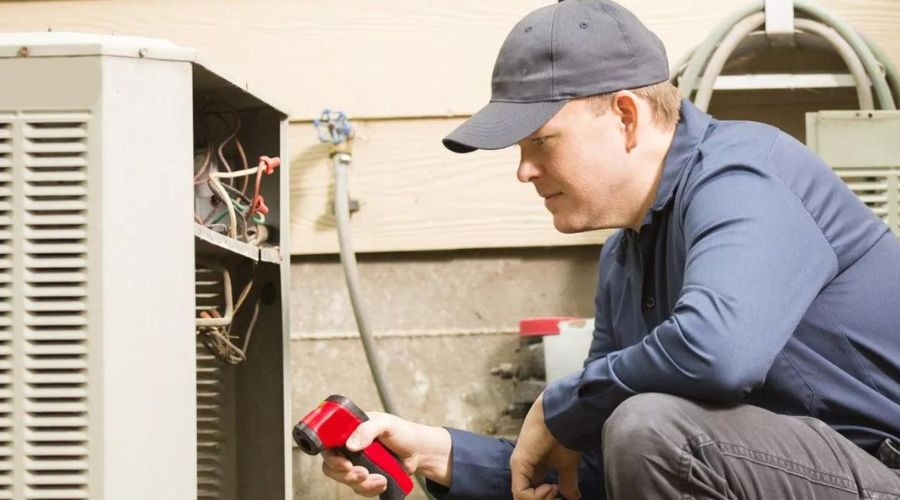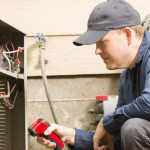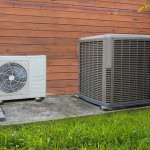How the Inflation Reduction Act Encourages Energy-Efficient Upgrades
The Inflation Reduction Act encourages energy-efficient home improvements by providing tax credits and rebates for specified energy-efficient home improvements. These tax credits incentivize homeowners to make energy-efficient home upgrades, which can help reduce their energy consumption and lower energy bills.
The act also establishes standards for energy-efficient home improvements so that homeowners can be sure that their upgrades meet specific efficiency requirements to qualify for the tax credits. This blog will discuss the Inflation Reduction Act and how it can help homeowners save money on a new AC, heater, or heat pump system.
What is the Inflation Reduction Act?
The Inflation Reduction Act is a piece of legislation with many provisions to reduce the impact of inflation and conserve energy. One aspect of the act aims to encourage the use of energy-efficient home improvements to reduce energy consumption and lower energy bills. The Inflation Reduction Act seeks to encourage the adoption of energy-efficient home improvements by providing financial incentives for homeowners to make these upgrades.
One way the act accomplishes this is by offering tax credits and rebates on certain energy-efficient products, such as air conditioners, heaters, and heat pumps. These tax credits and rebates are designed to incentivize homeowners to make energy-efficient upgrades to their homes, which can help to reduce energy usage and costs over the long term. By reducing energy usage and costs, the act helps to promote a more sustainable and efficient use of energy resources.
Qualifying for Tax Credits
The different HVAC systems and heat pumps must meet specific energy efficiency requirements to qualify for the tax credits and rebates under the Inflation Reduction Act. These requirements vary depending on the type of system being installed and the location of the installation. For example, air conditioners must have a seasonal energy efficiency ratio (SEER) of at least 16 to qualify for tax credits and rebates under the Inflation Reduction Act.
It's important to note that these incentives only apply to installations starting in 2023 and to the homeowner’s principal residence, which is the home where they live the majority of the time. Any installations before 2023 do not meet the requirements to qualify for the tax credits and rebates provided in the Inflation Reduction Act.
Why Upgrade?
 There are several benefits to installing a new HVAC system or heat pump for homeowners and the environment. One of the main benefits is the potential for energy savings. New HVAC systems and heat pumps are typically more energy efficient than older models, so homeowners can save money on their energy bills by upgrading to a newer system.
There are several benefits to installing a new HVAC system or heat pump for homeowners and the environment. One of the main benefits is the potential for energy savings. New HVAC systems and heat pumps are typically more energy efficient than older models, so homeowners can save money on their energy bills by upgrading to a newer system.
In addition to energy savings, new HVAC systems and heat pumps can also improve indoor air quality. Many newer systems come equipped with more effective air filters and other features that can help to remove contaminants from the air, making the air inside the home cleaner and healthier to breathe.
Under the Inflation Reduction Act, homeowners can save even more money on a new system by taking advantage of tax credits and rebates when they install a new HVAC system or heat pump. In this way, the Inflation Reduction Act helps to promote energy efficiency and makes it more financially feasible for homeowners to make energy-efficient upgrades to their homes.
About Tiger Temperature
Tiger Temperature is a reliable heating and cooling company that will respond quickly and resolve problems in as little time as possible. They provide upfront pricing, free second opinions, and preventive maintenance plans. Call them today for AC, heater, or heat pump installation in Thibodaux, LA, and the surrounding areas.

































